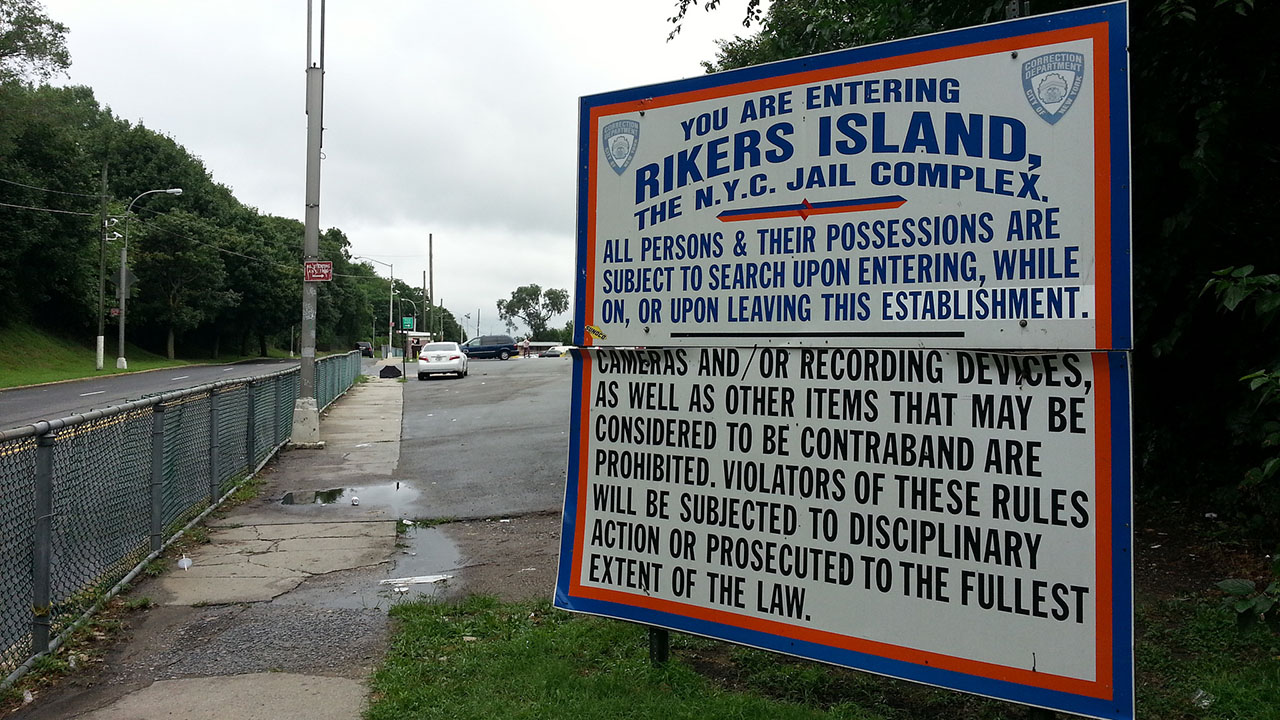The City has reached a settlement over the class-action lawsuit championed by U.S. Attorney Preet Bharara over the deplorable conditions at Rikers Island. The agreement will lead to several reforms, including the instatement of a federal monitor over the Department of Corrections. From the Observer:
“I have repeatedly made clear our unwavering commitment to enduring and enforceable reform at Rikers Island. Today, we have reached a groundbreaking agreement in principle with City officials, subject to ultimate approval by the Court,” Mr. Bharara said in a statement. “This comprehensive framework requires the City to implement sweeping operational changes to fix a broken system and dismantle a decades-long culture of violence. Its ongoing implementation will be overseen by the Court and an independent federal monitor. Federal prosecutors will remain vigilant to ensure that the Constitution protects each and every person within the walls of Rikers Island.”
To change the “culture of violence,” the DOC will have to create a new policy around use of force and address incidences of reported abuse faster. An auditor will be put in place to monitor data around use of force with quarterly reports.
In addition to the guidelines around force, the DOC will create “disciplinary guidelines,” the Observer reports, which will be used to track officers and staff ” who are at risk of engaging in serious misconduct.”
Other significant changes include relocating teenagers who may become targets of inmate abuse, and the introduction of body cameras for increased transparency:
As part of the settlement, the city will have to “make best efforts” to find somewhere to house inmates under 18—whom Mr. Bharara has charged have been victims of a “culture of violence” by officers at Rikers Island. The site would have to be accessible by public transit and be able to allow for direct supervision. Mr. Ponte has previously expressed willingness to relocate the young inmates, though he has also pointed to the governor’s efforts—which have failed, so far—to raise the age of criminality.
The settlement also calls for a slew of reforms to the way the department operates—including a pilot program that would test out the use of body cameras by correction officers for a year, in addition to an expansion of video surveillance already in place in city jails, which the de Blasio administration has already vowed to expand. The department will now be required to add at least 7,800 cameras “on a rolling basis,” with at least a quarter of them in place by July 1, 2016. Officers will also be mandated to use handheld video cameras to record certain actions that often lead to conflict—like responses to use of force incidents, cell searches and “extractions,” the process of getting an inmate out of a cell.
While the reforms are a good start, there’s still a lot of work to be done. For one thing, they do almost nothing for people like Carlos Montero or Kalief Browder, who were behind bars for seven years and three years, respectively, awaiting trial.


